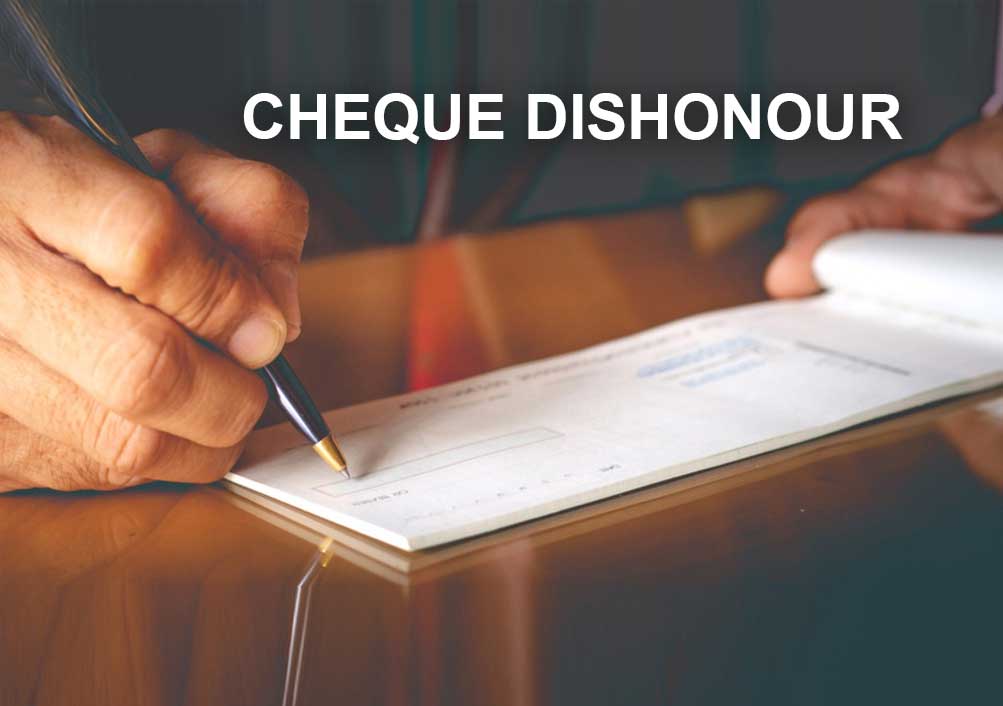In CRR-1730-2019 (O&M)-PUNJ HC- Section 147 NI Act read with Section 320 CrPC makes offence u/S 138 of NI Act compoundable on strength of compromise entered into between parties: P&H HC Justice Jasjit Singh Bedi [05-04-2022]

Read Order: Jai Bhagwan v. State of Haryana & Anr
Monika Rahar
New Delhi, April 6, 2022: While dealing with a revision petition against the conviction and order of sentence of the lower courts passed against the accused-petitioner in a cheque dishonour case, the Punjab and Haryana High Court has held, on a conjoint reading of Section 147 of the Negotiable Instruments Act with Section 320 Cr.P.C., that the offence under Section 138 of the Negotiable Instruments Act can be compounded on account of the fact that a mutual compromise was effected between the parties.
The Bench of Justice Jasjit Singh Bedi was dealing with a revision petition, the brief facts of which were that the accused borrowed a certain sum of money for one month from the complainant and in order to discharge his liability, the accused issued a cheque for the borrowed amount in favour of the respondent-complainant. However, the Cheque was dishonoured with the remarks “Funds Insufficient”. Hence, the complainant filed a Section 138 NI Act complaint.
The petitioner/accused was sentenced to undergo simple imprisonment for a period of three months and to pay compensation. In default of payment of compensation, the petitioner/accused was further sentenced to undergo simple imprisonment for five days. Aggrieved against the said judgment of conviction and order of sentence, the petitioner preferred an appeal before the Sessions Judge, Kaithal, which was dismissed. Hence, the present revision was filed.
During the pendency of the revision petition, the matter was referred to the Mediation and Conciliation Centre of the High Court and a settlement was arrived at between the parties.
At the outset, the Court read Section 147 of the Negotiable Instruments Act with Section 320 Cr.P.C., to state that just conjoint reading of these provisions showed that where a settlement is effected, the offence under Section 138 of the Negotiable Instruments Act can be compounded on account of the fact that a mutual compromise was effected between the parties.
The complainant/respondent’s counsel accepted the factum of compromise and expressed the fact that he would have no objection if the petitioner was to be acquitted of the charges framed against him.
The Court made reference to Vatsa Electronics Vs. Pala Ram & Anr., CRR-1585-2019 [P&H HC] wherein it was held that once a settlement is being effected, then in terms of Section 147 of the Negotiable Instruments Act and Section 320 Cr.P.C., the accused ought to be acquitted as the offence stands compounded.
Thus, in view of the admitted position that the matter was settled, the Court held that it was a fit case for allowing the parties to compound the offence.
Accordingly, the revision petition was allowed.
Sign up for our weekly newsletter to stay up to date on our product, events featured blog, special offer and all of the exciting things that take place here at Legitquest.




Add a Comment